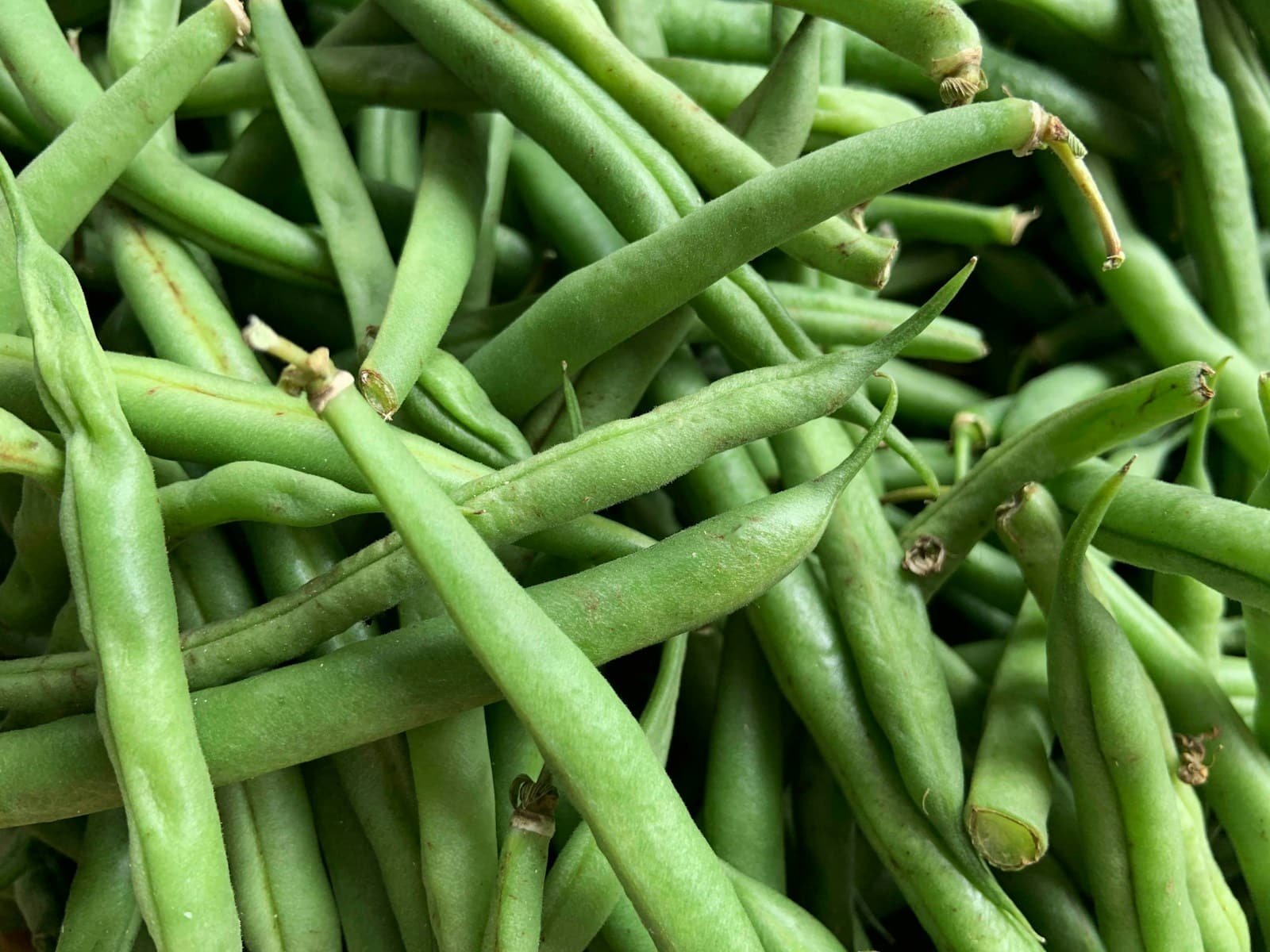Green beans – also known as string beans or snap beans – are a staple in many kitchens and a favorite in a variety of dishes from casseroles to salads. They’re packed with fiber, vitamins, and minerals and are a crunchy, satisfying snack. But before you go ahead and bite into that fresh, crisp green bean, let’s snap into the facts about eating them raw.
Let’s get down to the bean of the matter. Green beans are indeed edible raw, but there are a few things you should consider for the sake of food safety and digestion.
First off, green beans, like many other legumes, contain lectins – a type of protein that can be harmful in high amounts. Lectins are nature’s insecticide, protecting plants from pests, but they can also cause digestive problems in humans if consumed in large quantities. According to the FDA, lectins can interfere with the absorption of nutrients and can lead to discomfort if you’re sensitive to them.
The good news? The lectin levels in green beans are substantially lower than those found in other beans, like red kidney beans, which are well-known for their high lectin content and are definitely not safe to eat raw. However, to be extra cautious, especially for those with sensitive stomachs, a quick cook can reduce the lectin content further, making green beans easier to digest and unlocking more of their nutrients for your body to absorb.
Moreover, raw green beans may carry bacteria such as E. coli, Salmonella, and Listeria, which can lead to foodborne illnesses. The CDC reports that there are an estimated 48 million cases of foodborne illness annually in the U.S., so washing your green beans thoroughly under running water is a must to reduce the risk of consuming harmful bacteria.
If you’re set on enjoying green beans in their most natural state, there are some best practices to follow:
If you prefer playing it safe or you’re preparing a meal for young children, the elderly, or someone with a compromised immune system, it might be best to cook your green beans. Cooking not only destroys harmful bacteria but also breaks down lectins and other compounds that can cause digestive issues.
Here are some quick and tasty ways to cook green beans:
Alright, folks, let’s wrap this up with the key points to keep in mind:


